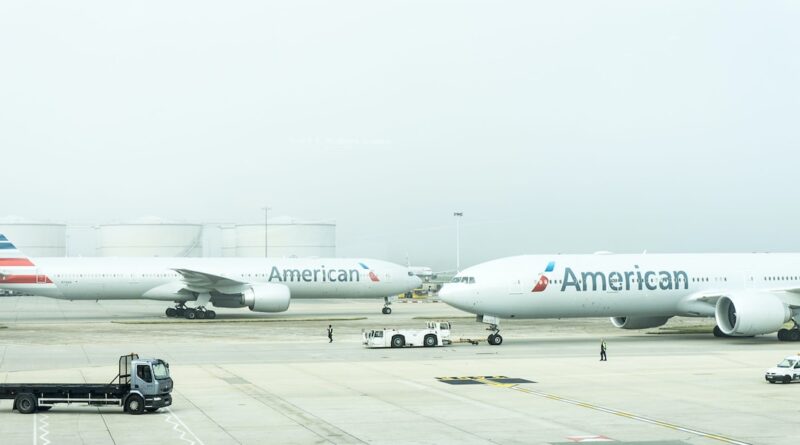What are extraordinary circumstances in airline language, and do they affect my compensation claim?
What are extraordinary circumstances in airline language, and do they affect my compensation claim?
When it comes to air travel, there are certain events that can be considered “extraordinary circumstances”. These are events that are outside of the airline’s control and are not caused by the airline’s negligence. In other words, these are events that are not the airline’s fault. Examples of extraordinary circumstances include bad weather, air traffic control delays, and security risks.
When it comes to compensation claims, extraordinary circumstances can have a significant impact. If an airline can prove that an event was an extraordinary circumstance, then they may not be liable for any compensation. This means that the passenger may not be able to make a successful claim for compensation.
In order to determine whether an event is an extraordinary circumstance, the airline must consider the facts of the case. They must consider the cause of the delay or cancellation, the severity of the delay or cancellation, and the impact of the delay or cancellation on the passengers. If the airline can prove that the event was an extraordinary circumstance, then they may not be liable for any compensation.
However, if the airline cannot prove that the event was an extraordinary circumstance, then the passenger may be able to make a successful claim for compensation. In this case, the passenger must provide evidence that the airline was negligent in some way. This could include evidence that the airline failed to provide adequate customer service, failed to provide accurate information about the delay or cancellation, or failed to provide reasonable alternatives to the delay or cancellation.
It is important to note that extraordinary circumstances can vary from airline to airline. This means that what is considered an extraordinary circumstance for one airline may not be considered an extraordinary circumstance for another. Therefore, it is important to check with the airline to determine what their policy is regarding extraordinary circumstances.
In conclusion, extraordinary circumstances can have a significant impact on compensation claims. If an airline can prove that an event was an extraordinary circumstance, then they may not be liable for any compensation. However, if the airline cannot prove that the event was an extraordinary circumstance, then the passenger may be able to make a successful claim for compensation. It is important to check with the airline to determine what their policy is regarding extraordinary circumstances.
What Are Extraordinary Circumstances in Airline Language, and Do They Affect My Compensation Claim?
When it comes to airline travel, there are a number of things that can go wrong. Delays, cancellations, and lost or damaged luggage are all common issues that can cause travelers to seek compensation from the airline. However, in some cases, the airline may deny the claim, citing “extraordinary circumstances” as the reason for the denial. So, what are extraordinary circumstances in airline language, and do they affect your compensation claim?
In general, extraordinary circumstances are events that are outside of the airline’s control and could not have been avoided by the airline, even if they had taken all reasonable measures. These events can include things like extreme weather conditions, air traffic control restrictions, security risks, or strikes. In some cases, the airline may also cite technical problems or crew illness as extraordinary circumstances.
It is important to note that extraordinary circumstances do not include events that are within the airline’s control, such as maintenance issues or scheduling problems. In these cases, the airline is responsible for the delay or cancellation and must provide compensation to the affected passengers.
When it comes to compensation claims, the airline will typically deny the claim if they can prove that the delay or cancellation was due to extraordinary circumstances. This means that the passenger will not be eligible for any compensation, even if the delay or cancellation was caused by the airline’s own negligence.
In some cases, the airline may offer an alternative form of compensation, such as a voucher for a future flight or a refund of the ticket price. However, this is not always the case, and it is important to understand that the airline is not obligated to provide any form of compensation in cases of extraordinary circumstances.
It is also important to note that some countries have specific laws regarding airline compensation for extraordinary circumstances. For example, in the European Union, airlines are required to provide compensation for delays or cancellations caused by extraordinary circumstances, provided that the delay or cancellation was not caused by the passenger.
Overall, extraordinary circumstances in airline language refer to events that are outside of the airline’s control and could not have been avoided by the airline, even if they had taken all reasonable measures. In these cases, the airline may deny the compensation claim, and the passenger may not be eligible for any form of compensation. However, it is important to note that some countries have specific laws regarding airline compensation for extraordinary circumstances, and it is always worth checking the applicable laws before making a claim.




